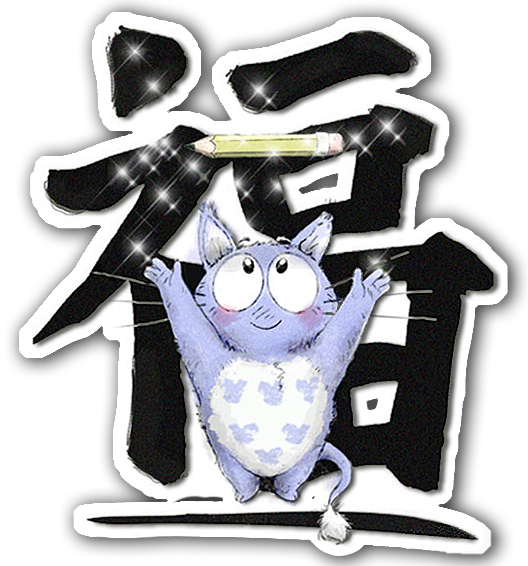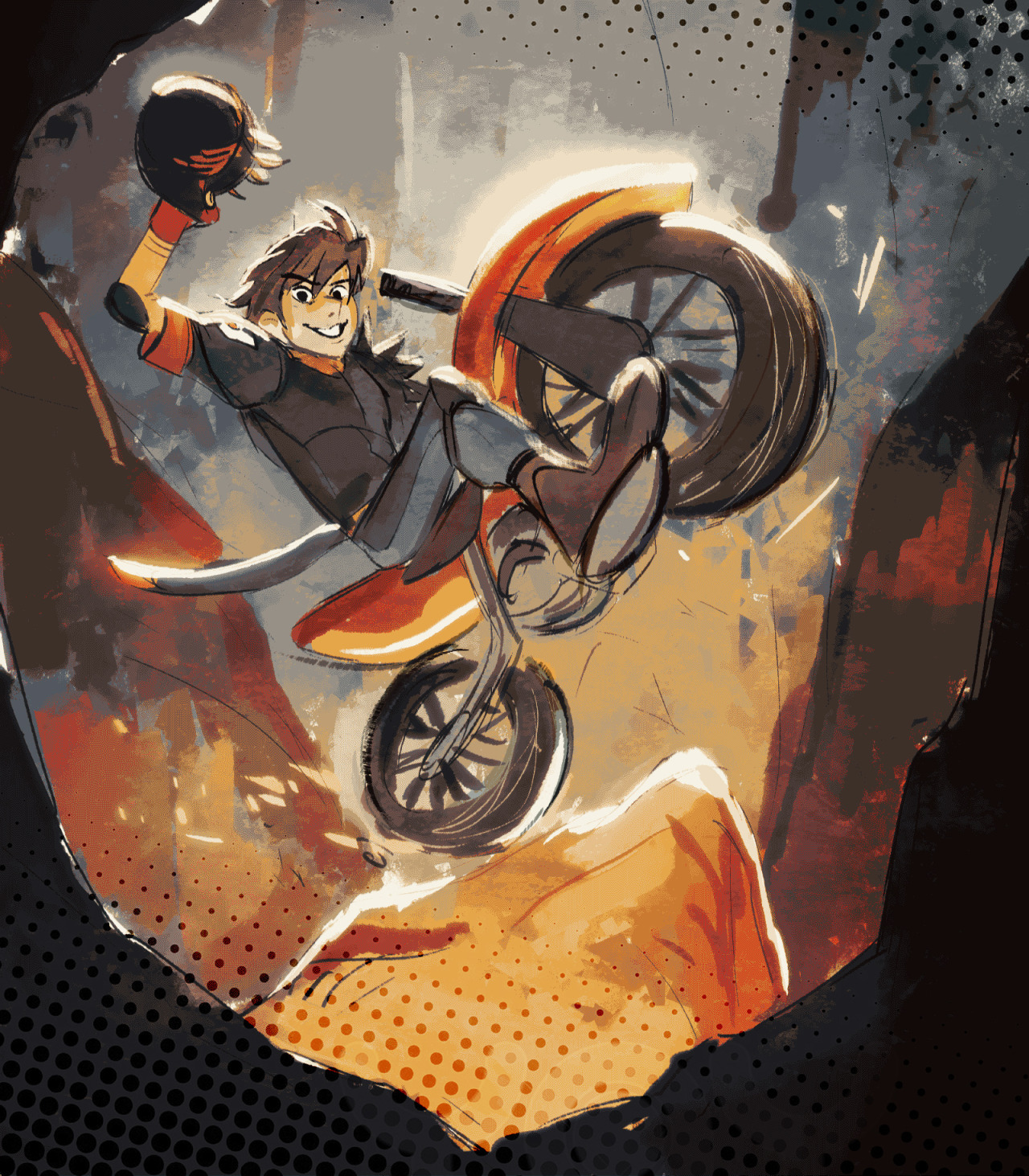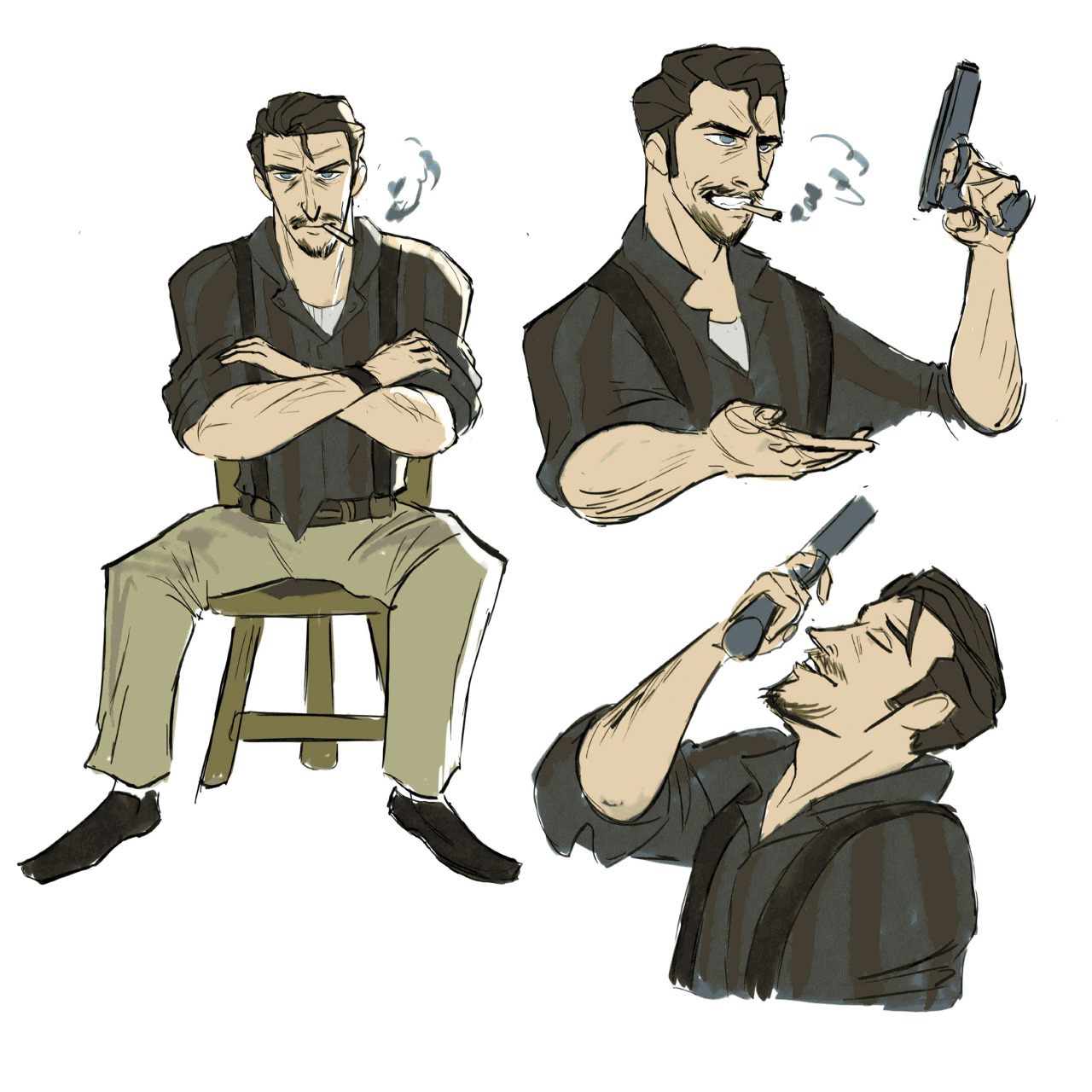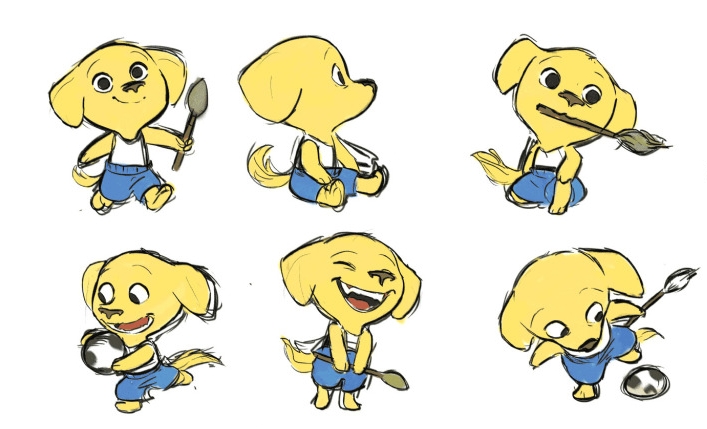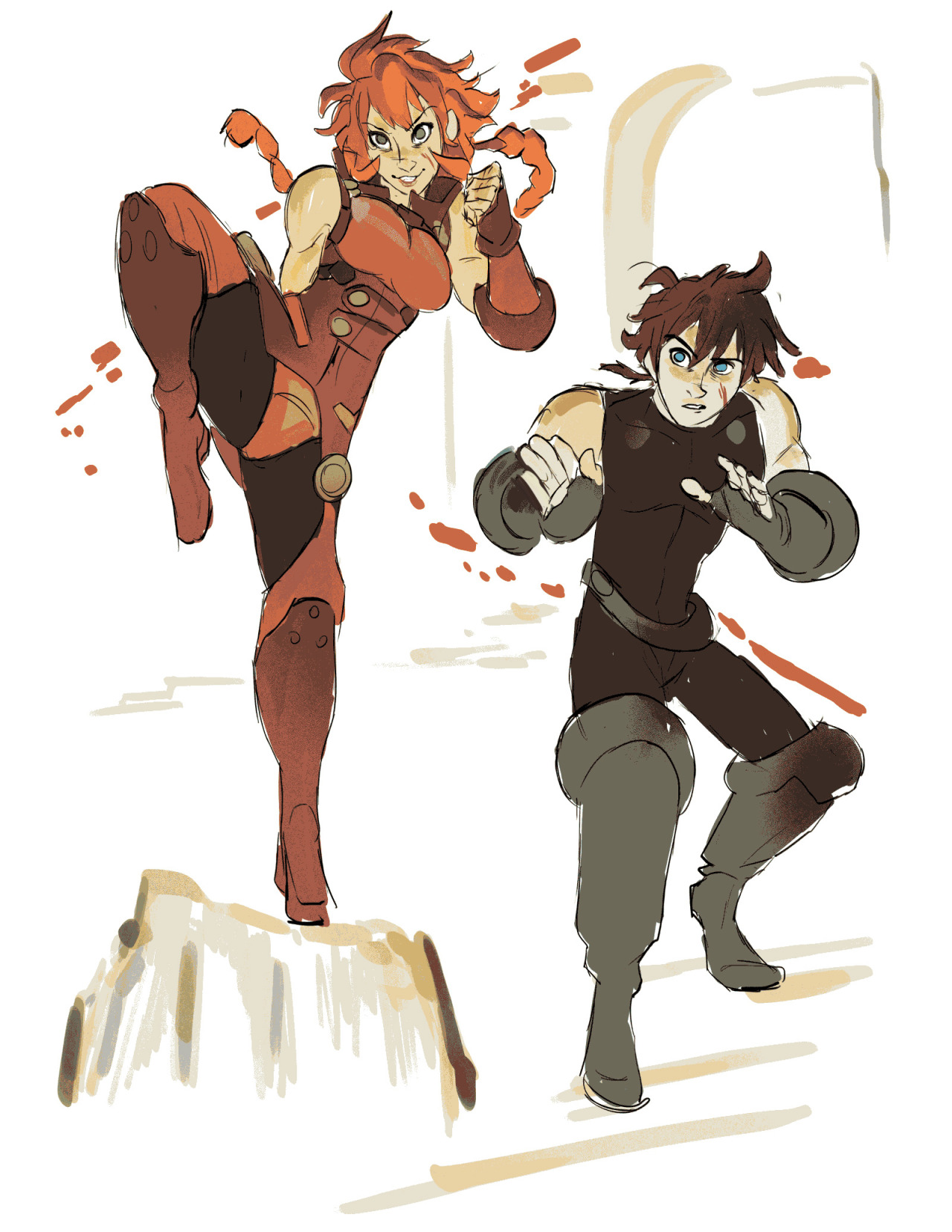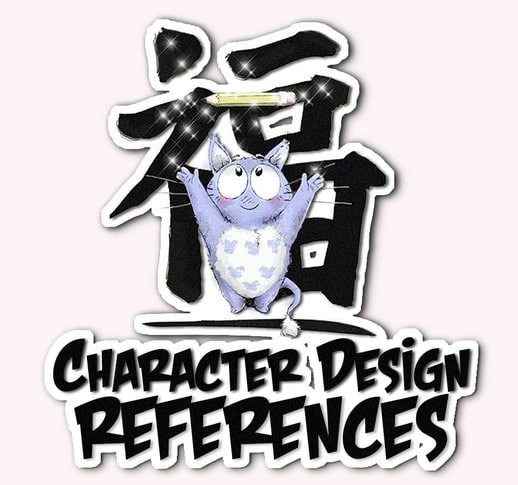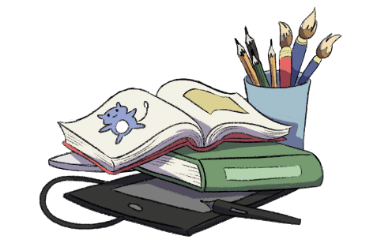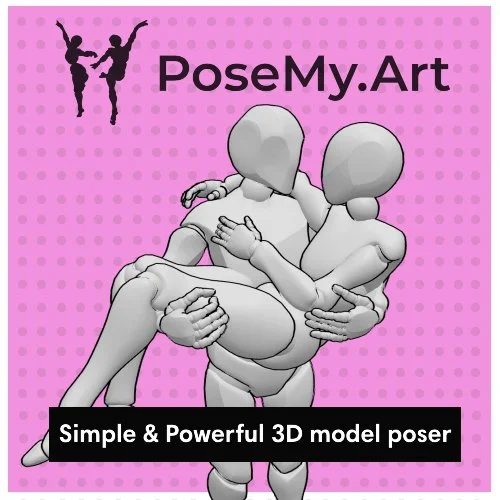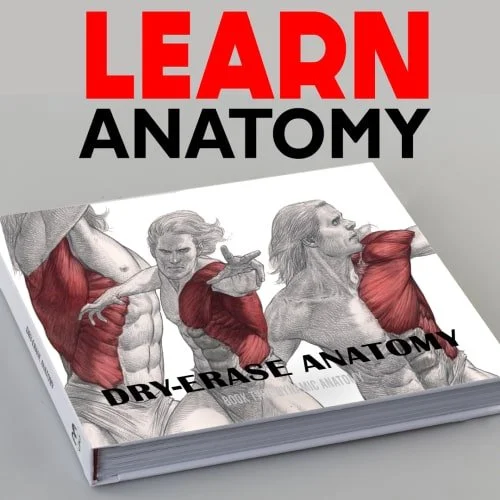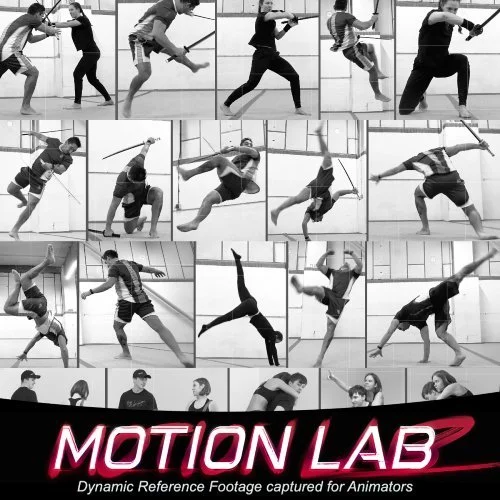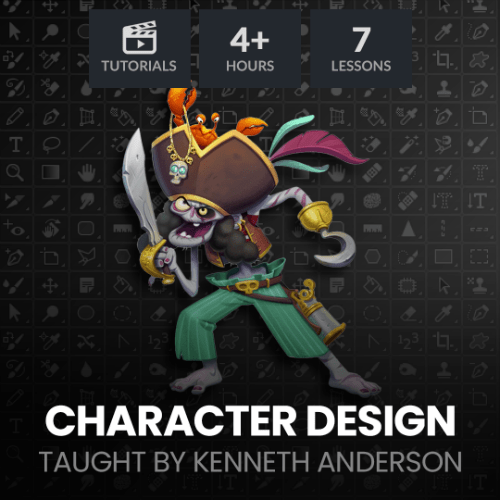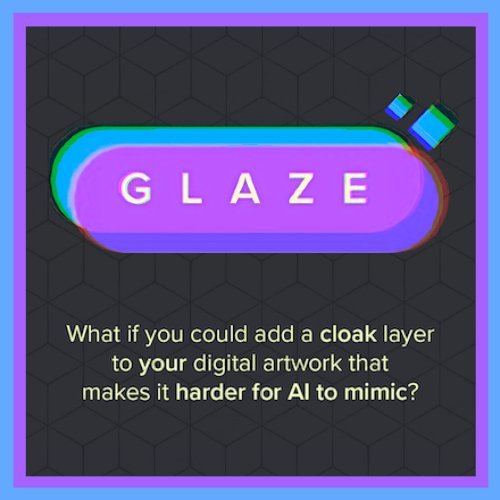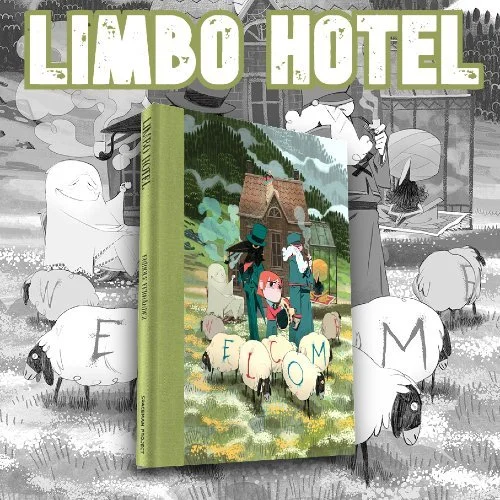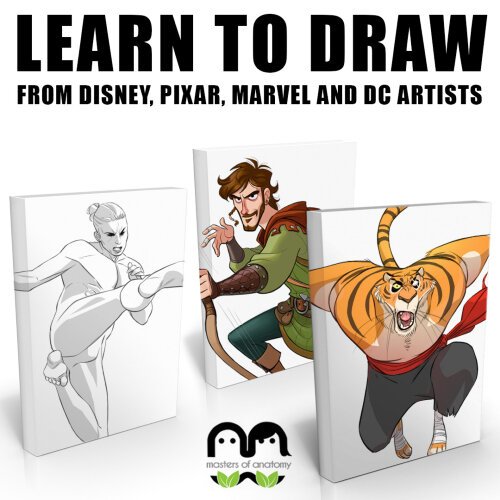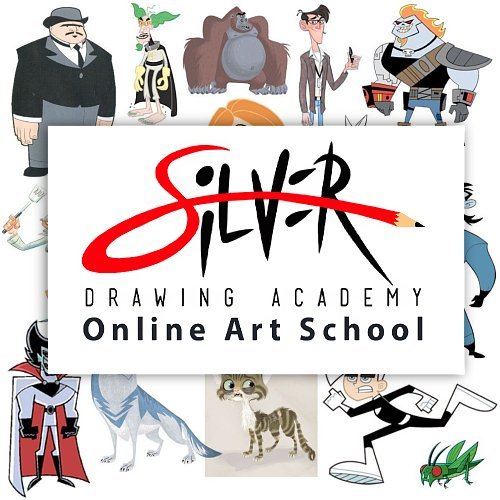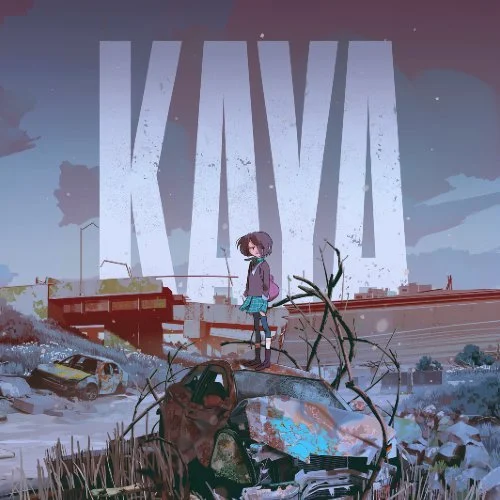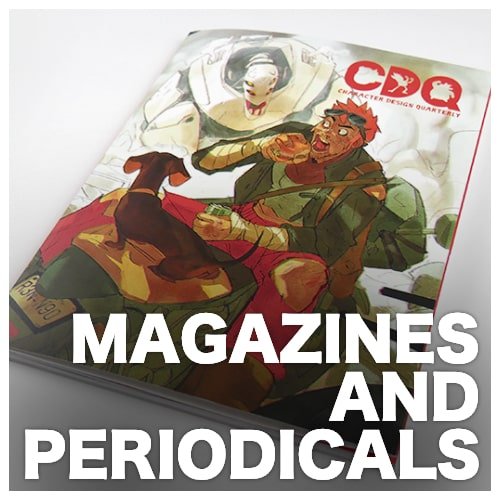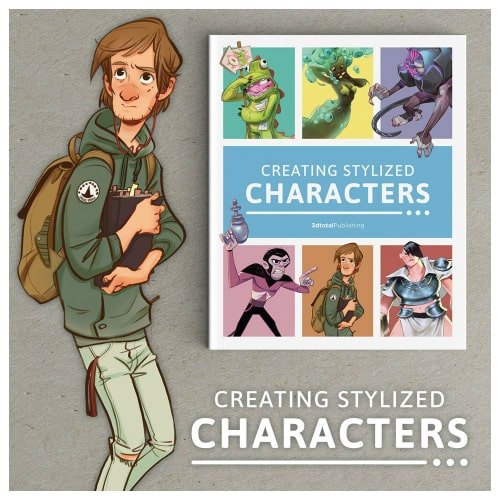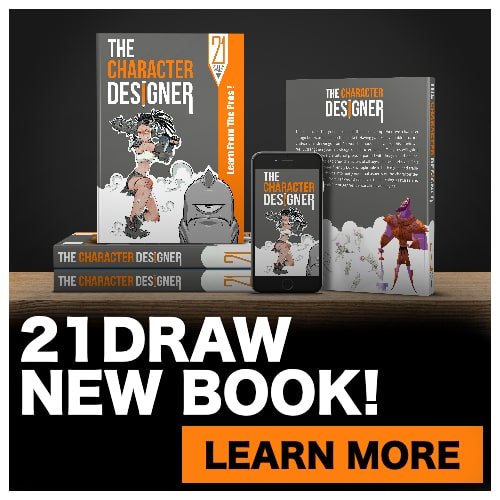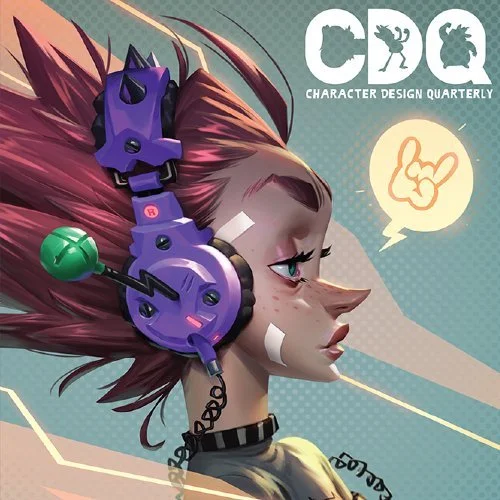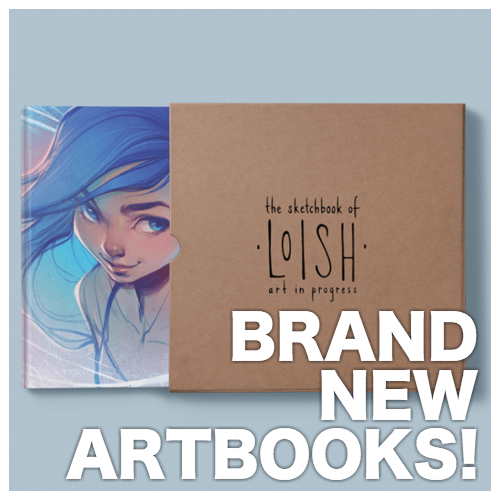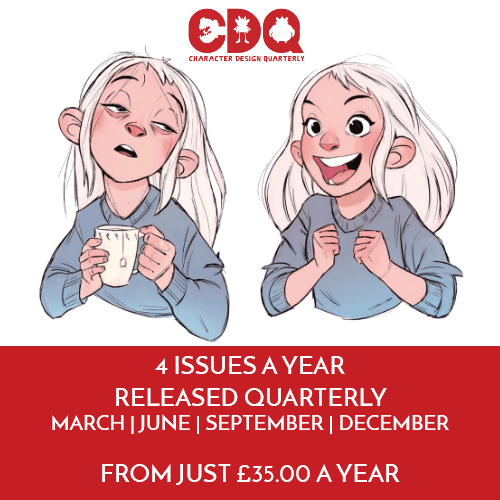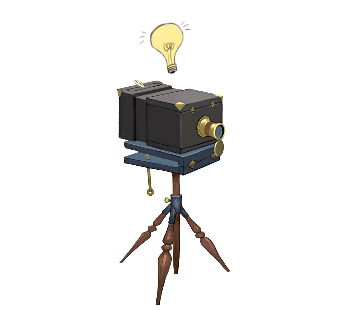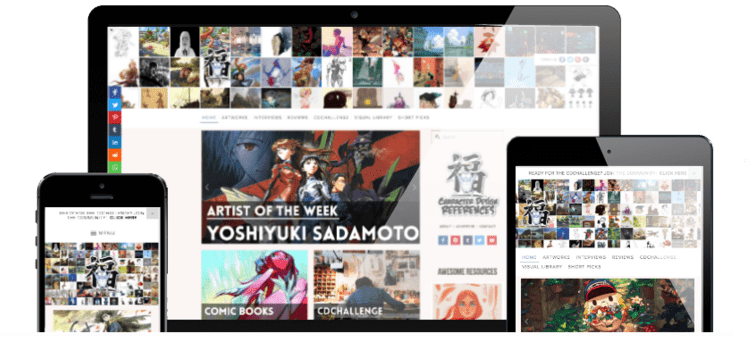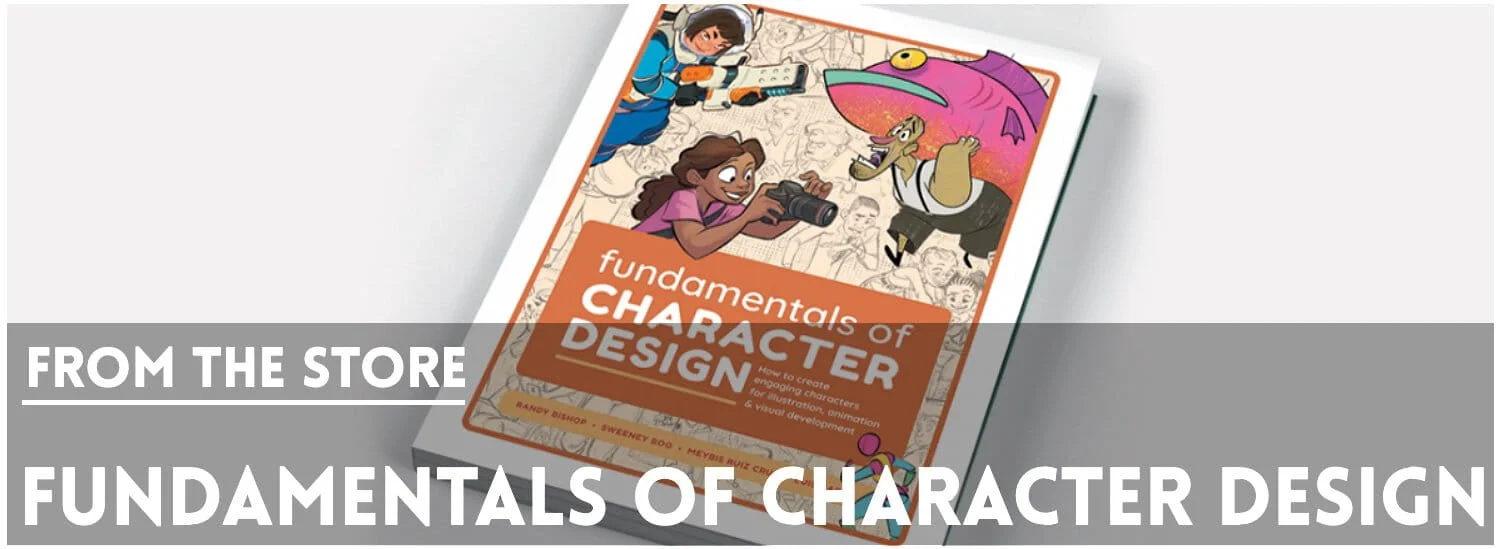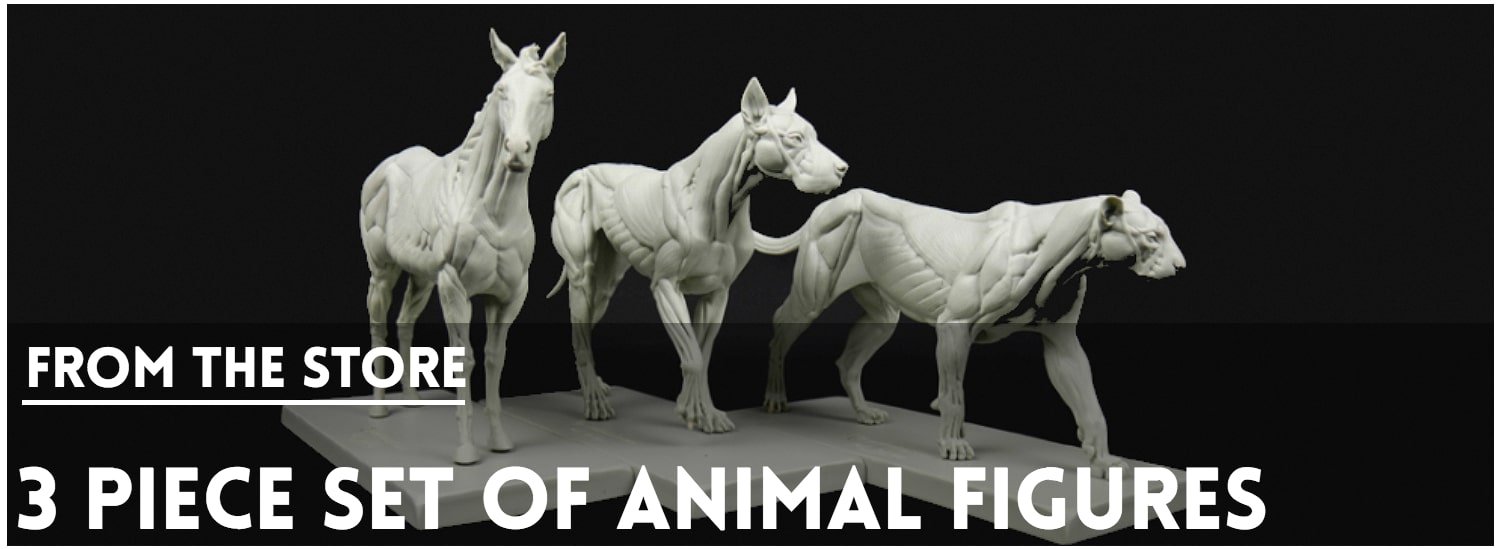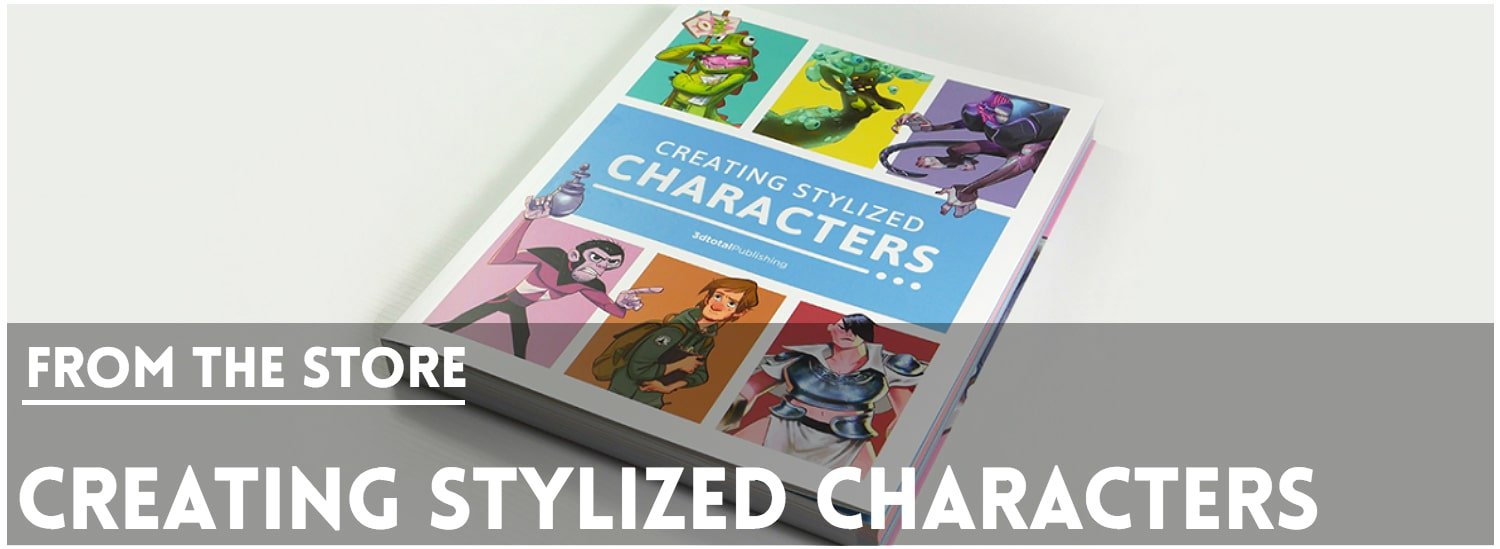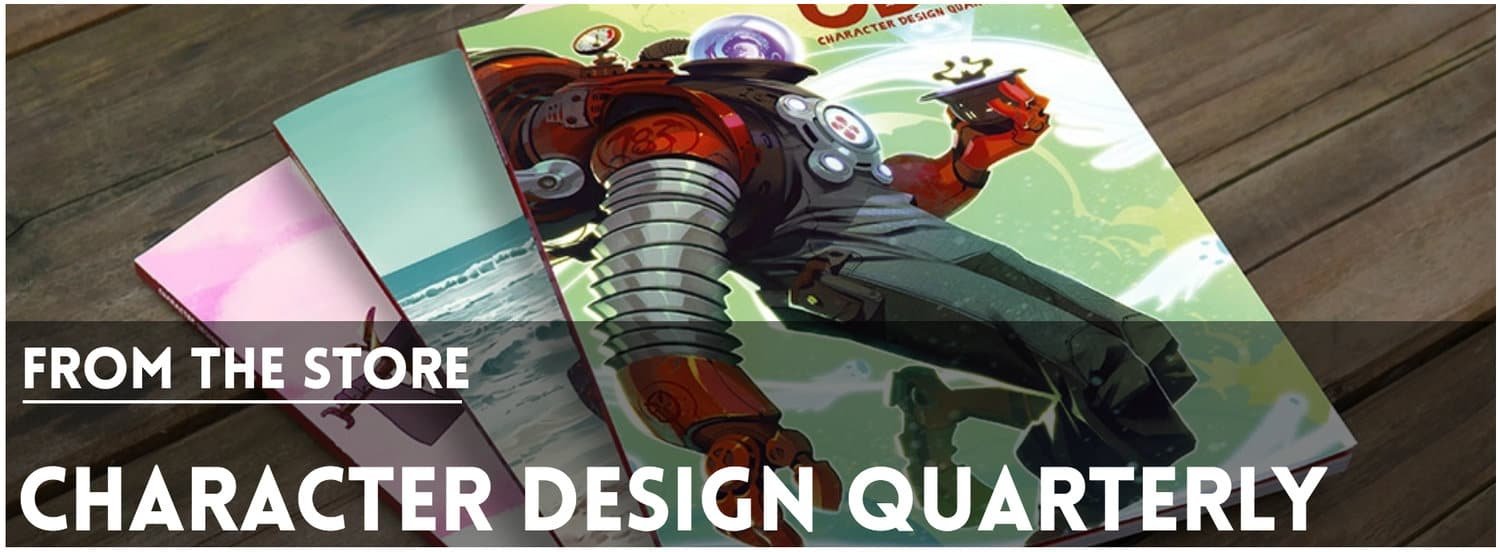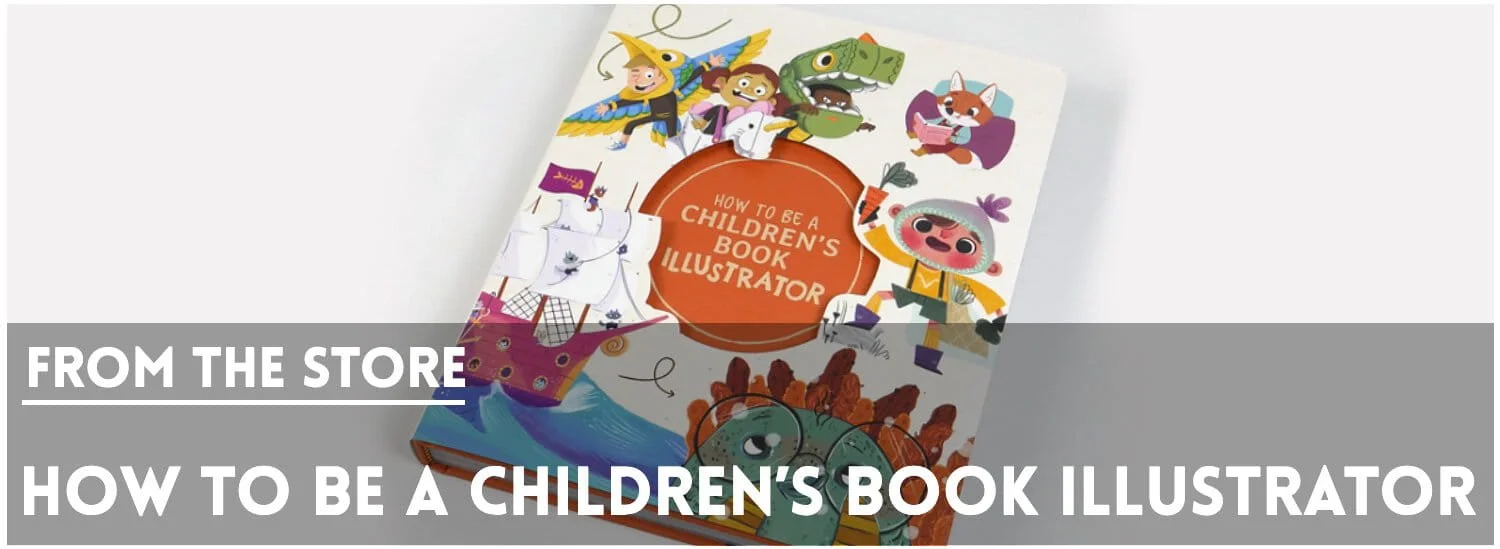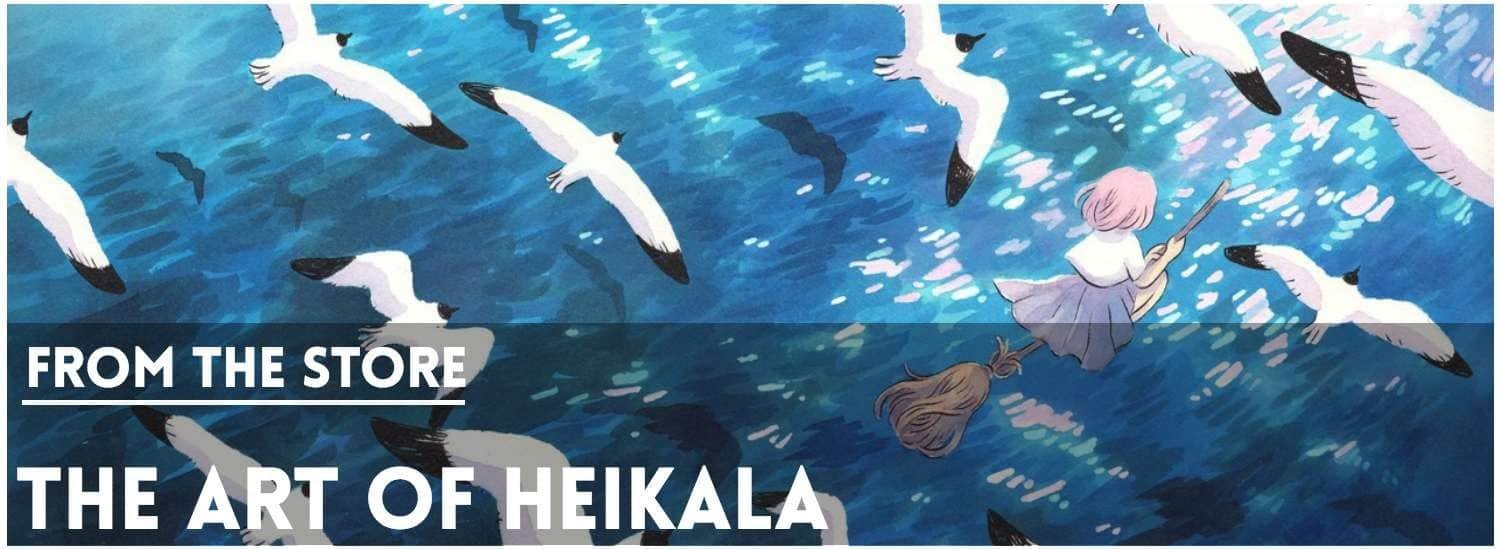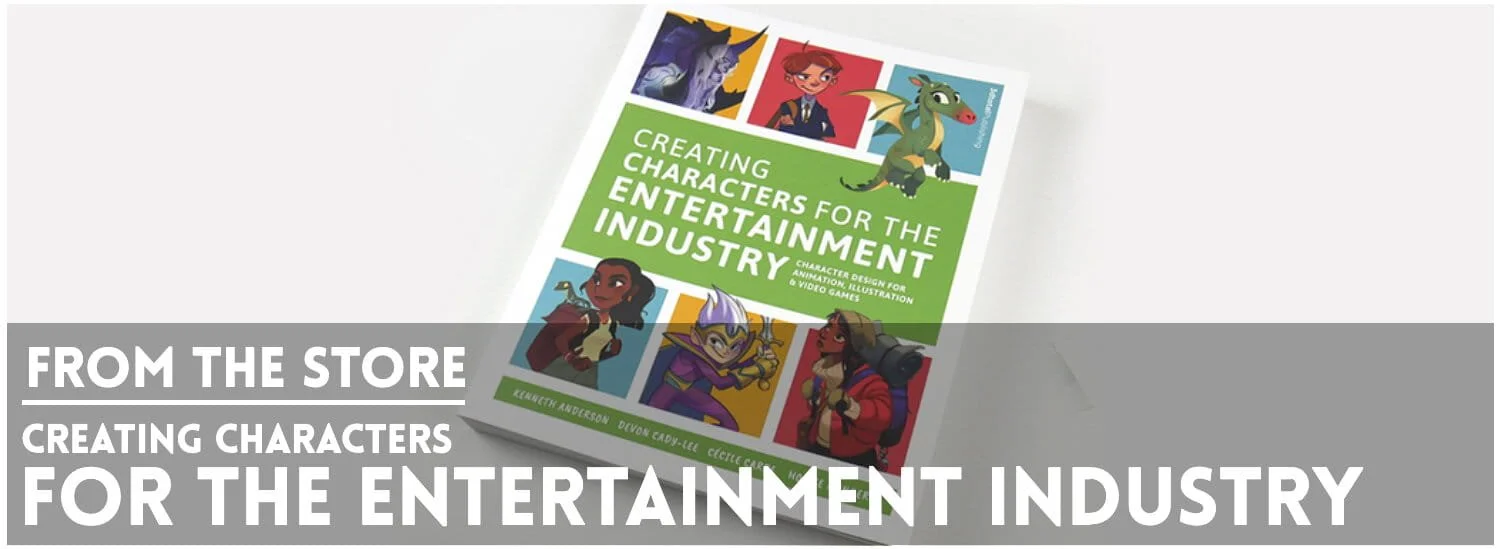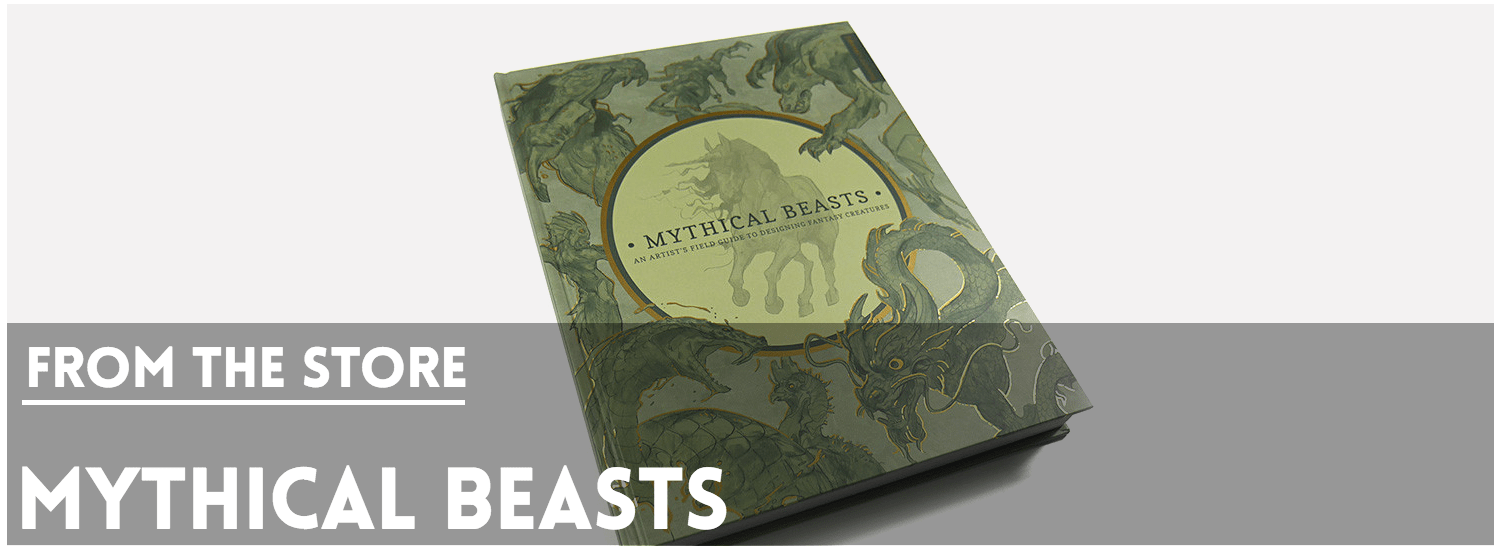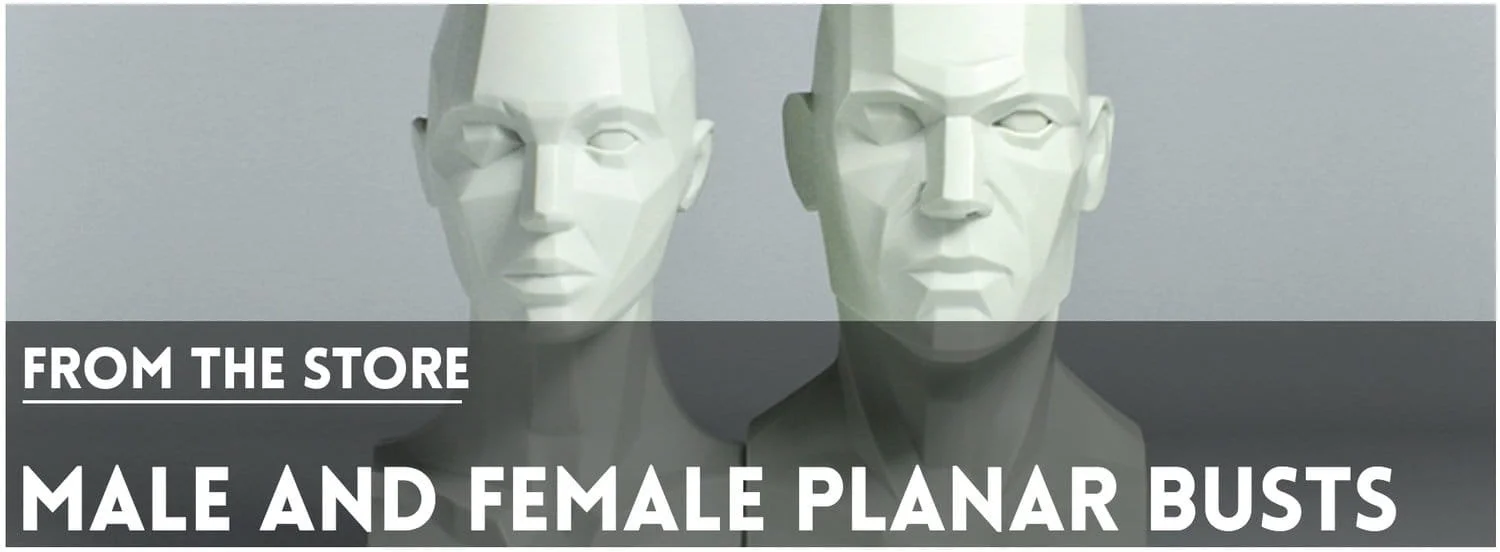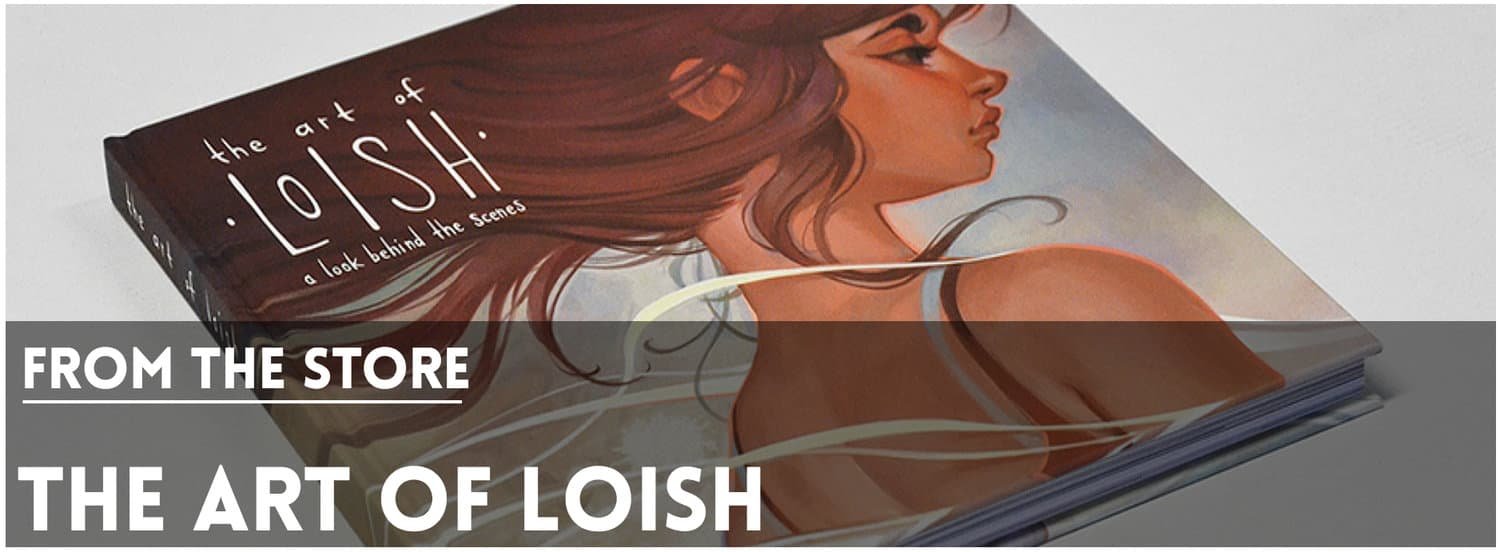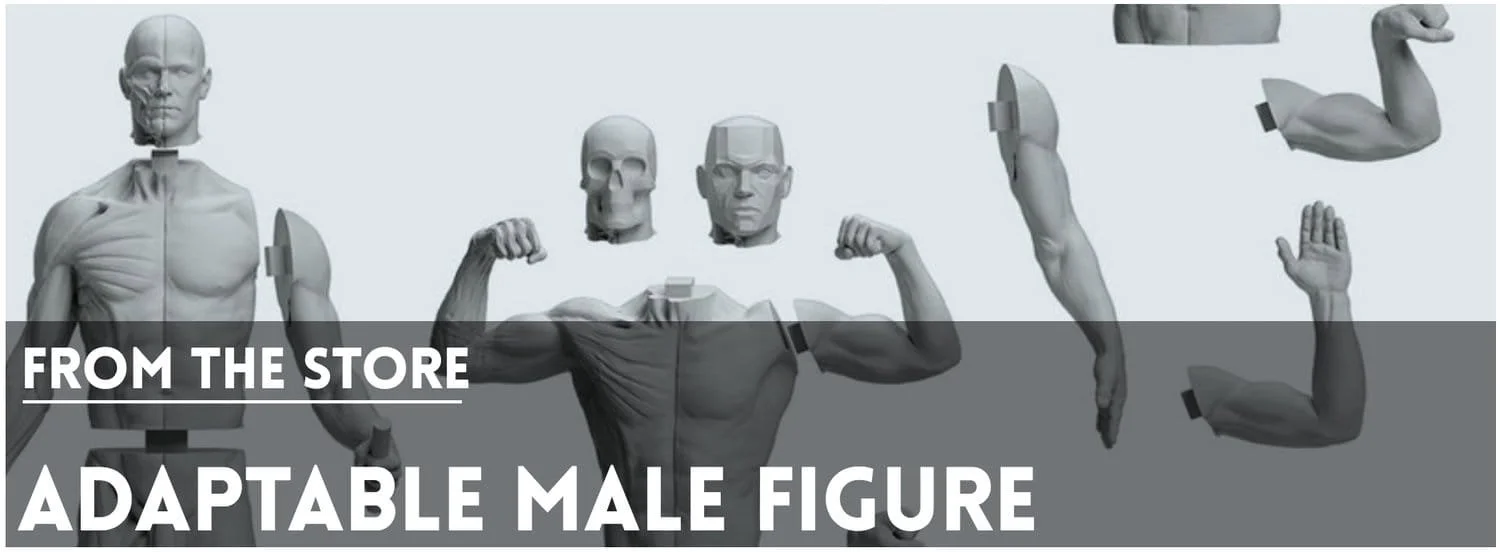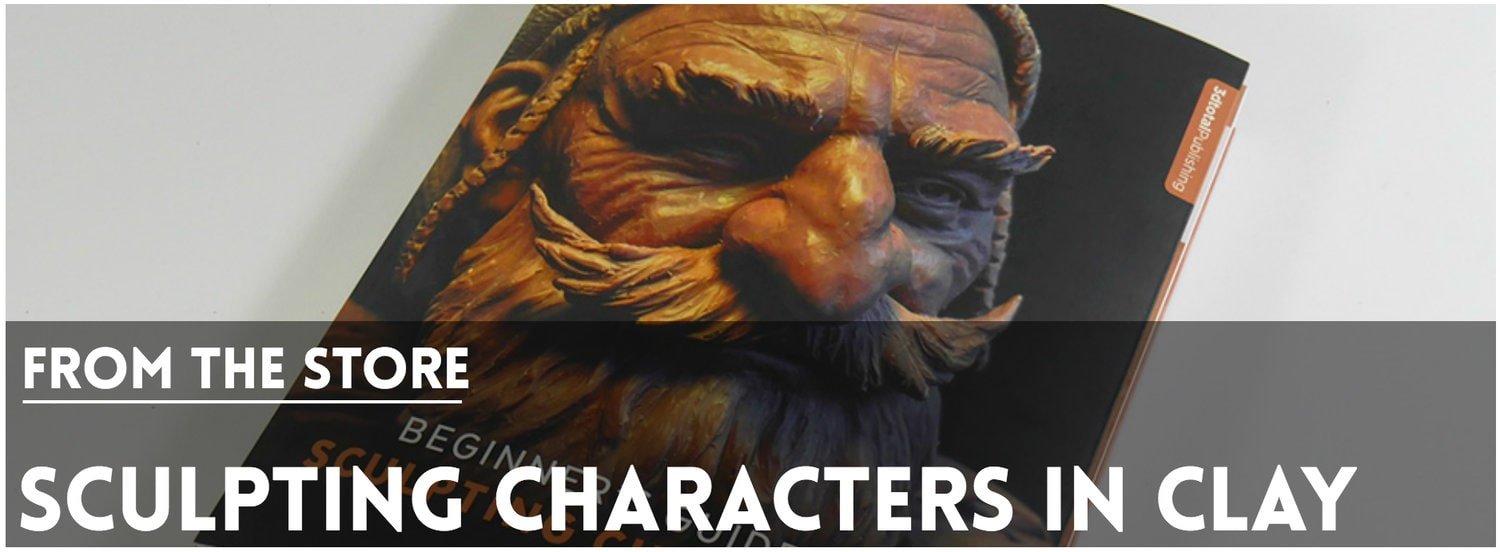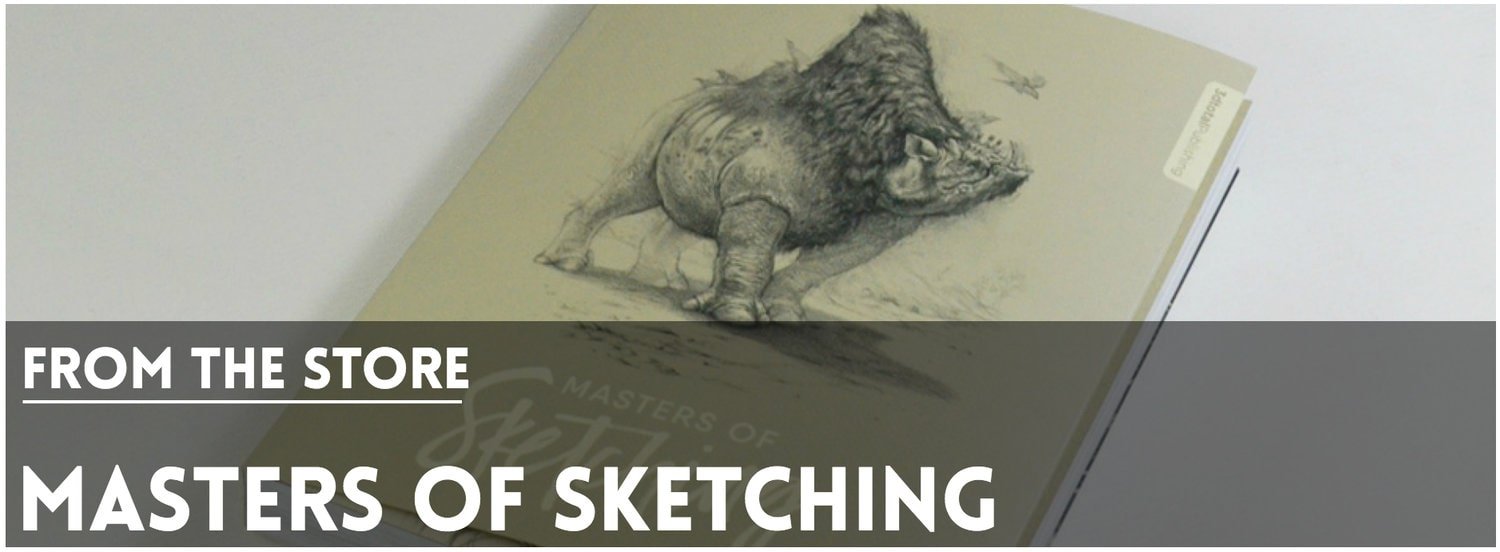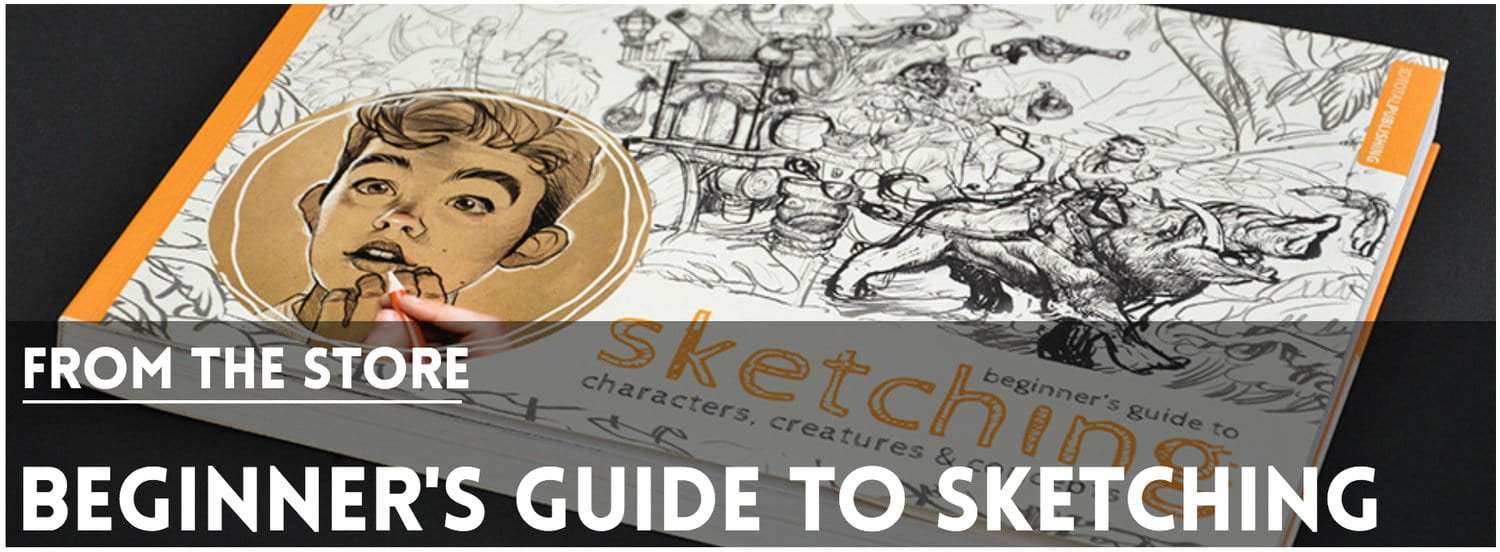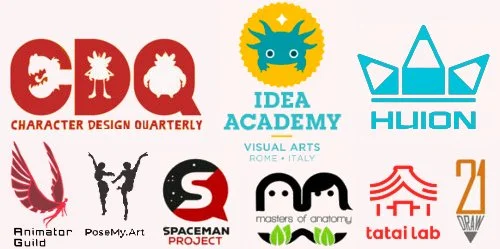Toniko Pantoja
/Where did you grow up and when did you decide to become an artist?
I grew up in Indonesia, but spent two years within that time in The Philippines due to a riot that broke out in Jakarta. In Southeast Asia, anime was already a big culture so it widely accepted, and more people grew up with it there. I always liked drawing, but my dream at that time was to be an engineer or a programmer due to my love for sci fi movies, anime, and video games. I think I only realized I related more to the story elements and visual aspect of what I liked. I joined an after school hours film making club in middle school, and that got me highly interested in the film. It wasn’t until by the start of high school I was debating if I wanted to go into concept art or live action film. I remember growing up with a lot of animation as a kid, and did a lot of stupid cartoons on Flash 5 and Microsoft PowerPoint. I love live action film making, but in animation - you can do things you can’t always do in film. By the end of high school, that was when I decided I wanted to study animation as a major.
Did you go to an art school or are you self taught? How did you develop your skills?
It's been a mix of both of really. Back in Indonesia, we don’t have access to traditional animation materials or great programs because studying animation wasn’t a popular hobby. I did some drawing classes in High School but they were really casual. Back in the day, I used to be on websites like Newgrounds which introduced me to animation software like Flash. I tried it out and just made cartoons for myself and my friends. I joined a lot of online forums in 3D modeling, Concept Art and animation. There were online challenges and practices - so I participated in those to give myself a foundation to practice on.
After high school, I attended Sheridan College for their Art Fundamentals program so I could finally take up life drawing classes (Indonesia being a muslim dominant country - life drawing classes were rare to none) and did several classes. During my time there, I applied for both Calarts (this was recommended by my sister) and Sheridan for their animation programs. After my fundamentals program, I got rejected for Sheridan’s animation but got accepted for Calarts, so I went there instead. Doing student films there helped me the most in terms of my growth.
Have you always been supported in your artistic path or has it been challenging to let your family and friends understand your choice?
At first my parents were against it. My dad comes from a business discipline, so he urged me and my brother to go study business management. He knew that I was heavily interested in the film/arts medium, but I still had to convince him that I would work hard in this expertise. I took part in local contests, did smalltime commissions and introduced him to what kind of jobs were available for someone who studied in this medium. We made a deal that whatever I chose to study that wasn’t business, I’d buy him a Ferrari. I studied business management as part of my main International Baccalaureate certificates in high school because I still respected that education and discipline.
What was the strongest influence you had when you were growing up ( artists, movies, cartoons, comics etc.. ) ?
The first thing I remember is the betamax player we owned. We had beta tapes of Disney classics such as Bambi, Dumbo, Fantasia, Mary Poppins. We even had some other cult classics like The Last Unicorn, Secret of Nimh, Land Before Time, Ferngully, etc. The Last Unicorn is still one of my top faves to this day. Even to this day, that beta max player is one of the very first memories that pop up in my mind that played a huge influence in me. This was all before we got our first video game console, The Super Nintendo. Our first video game was Super Mario World, and that introduced me to a whole new level of storytelling. Games around that time were already becoming cinematic, so it made me more interested in the film making aspect of these stories. Games by Fumito Ueda such as Ico, and Shadow of the Colossus actually made me want to go into game design at one point.
As far as tv shows go, anime was already a major common program in most channels. In fact, we were more exposed to those than western shows. Even in Southeast Asia, we all admired how anime treated storytelling as opposed to american shows coming out. I remember Escaflowne being the most memorable in terms of having a fleshed out fantastical world.
I think by the time elementary school was ending, I started appreciating western shows for trying to break new grounds. Shows like Dexter’s Lab, Samurai Jack, Power Puff Girls, Ed edd and eddy are amongst my top childhood favorites in terms of western tv shows. Movies… The movie (I’d say trilogy) that made me want to pursue film making would be Peter Jackson’s Lord of the rings. I love epic storytelling with great atmosphere and. That was the game changer for me. I recently just watched the original trilogy the other day and was blessed to be reminded about the art form.
Around this time, I was introduced to Studio Ghibli and began appreciating other forms of feature animation aside from the Disney style. It's weird, in High School I was more into retro anime. I even started drawing like Leiji Matsumoto at times - I really loved how he treated his romantic characters. I looked at Miyazaki stuff, Yoshikazu Yasuhiko, and Nobuteru Yuki - so the really retro anime stuff.
Did you have a favourite subject to draw when you were a child and do you still have one today? If you do, what makes it so special?
I love the mermaid folklore, so I tend to fall back to that. I want to make a film about them someday. Dragons too. I’m a huge sucker for fantasy since I grew up surrounded by it. I’ve been currently trying to come up with a show about them. I also drew a lot of ninjas, and that was because I was addicted to a game called Tenchu growing up. My dad also claimed he was a ninja before him and my mom had me, and I believed it for around a decade. I sometimes draw a ninja now and then.
From the initial client idea to the final work: what goes through your mind when you are designing and animating, and what is the method you use when starting a project? Could you describe it?
I guess it really depends what I’m trying to prioritize in an animation commission. ever since my education at calarts, it's always been about the performance, the intent and acting of the characters. With other clients, it's about how cool everything looks, and making it move really slick. If the shot requires to have actual performances for the character, I try to think simple. A lot of animators always talk about acting and character, but I first make sure the character looks alive. You can do this by showing thought (through the eyes) or their condition (how are they breathing), anything to make them feel life like. So before I start animating on a shot, I thumbnail all of my key ideas that I want to hit in my poses. I sometimes come up with many thumbnails for one key idea, since I’m still experimenting with different approaches. Once I have all my key ideas figured out, I start adding key poses to my animation. When I’m animating, I try to think like a magician. Magicians like to perform with their hands during a trick to lead the audience’s eyes. When I animate, I try to think about all the important elements that happen in the shot - and move them in a way the audience can follow and not be lost.
What type of tools and media do you use?
Nowadays I don’t utilize too much traditional - other than a pencil or a ballpoint pen. I haven’t animated on paper for a while now since having a set up for that is pricey. On the computer I use a Cintiq.
What are some of the things you have learned from other artists who you have worked with or whose work you have seen?
Everyone I’ve worked with has approached things differently. One important note I can take out of this is that you kind of have to talk to the artists you admire to get their chain of thought. Its also important to take initiative and constantly ask questions. There were a lot of times that communication did not get across between us, and we did suffer for that as a whole.
Is there something that you have designed or animated, that you are most proud of?
One of our friends was leaving the country due to visa issues, and we all threw in ideas on what kind of business he can start outside of America. We suggested he started a dildo business, and have a perk where he sells glow in the dark ones. For his birthday (we both share the same birth date by the way), I animated him dancing on a disco floor with two glow in the dark dildos in his hands. There’s something hilariously funny about animating a dancing, smiling, sweaty Korean man with two floppy dildos in his hands.
My first year short film from CalArts was one of my best experiences in terms of film-making. That was a time I wasn’t too concerned about making “the greatest” animated piece, I was just having fun and making stuff I found cool. Its funny because that's the least popular of my work, but I still hold it my proudest moments.
What projects have you worked on in the past and what are you working on at the moment (if you can tell us)?
I worked at DreamWorks SKG as a full time story artist. A handful of things I got a hand on got cancelled (One of them being Chris Sanders’ Croods 2), so technically the things I worked on that actually came out were Trolls, Puss in Boots TV, and Veggie Tales.
I also worked as a story artist for Strange Weather Films, collaborating with China’s Base FX for an animated feature. I was the guest animator for Clarence one episode Tales of Madrynia. I also got to lend some animation support for Studio La Cachette’s opening for the League of Legends Worlds 2016 opening. Currently I am trying to grow my own company, Brushtale Works. I’m developing project ideas, tutorial videos as part of the brand, and hopefully I can start another short soon.
What is your longterm career goal and what would your dream project be?
I kind of want to run my own independent studio/company. I’ve been doing things like taking up teaching jobs so it forces me to speak up more, and become a leader. The problem is that there’s too many dream projects I want to do, but I don’t know which to prioritize on. That’s the problem with me, I’m too ambitious at times.
Working for a company or freelancing: what suits you best? And why?
All I can say is that the grass will always be much greener on the other side. I have never stayed in one studio for more than a year straight (My time at DreamWorks would be an on and off thing) so I had a good mix between freelance and full time. During my full time, I always longed to be on the days as a freelance artist. As a full time artist, you’re just doing the role/assignment that's given to you. I primarily work as a Story Artist, and there are times I miss the other aspects of filmmaking. What I love about being full time is the security, and being able to work with a physical team. As a freelance artist, you can be a designer, a teacher, an animator - or any other role. Freelance is tricky because you’re constantly having to find new work once your current job finishes. Also, I get mad cabin fever when I work at home. As for now, freelancing is great because it puts me in an uncomfortable spot so I’m forced to be more initiative, something I’m not strong at.
What advise would you give to an artist who is dealing with an art-block? How do you boost your imagination and keep yourself creative?
That’s always the hardest for me to answer. I feel like I ALWAYS have art block. There’s several things one can do to get out of it.
Join challenges: Its cool that there are a lot of online challenges that people can do to get the ball rolling. In Animation, we have the 11 Second Club. In Character Design, there’s the Character Design Challenge! The great thing is that most of them have a topic/theme, so it exercises your creativity with the given parameters.
Work on other stuff: One thing I like to do is work on multiple projects. If I get stuck on one project, I’ll switch to another so I can get my mind refreshed for the assignment I was working on last.
Do tribute drawings or interpretation of other works of fiction/non fiction. Fan art can count as this too. Giving your take on something that already exists can spark some accidental new project ideas.
If drawing or trying to be creative has become so much of a burden, Stop working and take up other hobbies. If you are burned out, you need to take a few steps back and have fun with other things life has to offer.
Concept art, animation, illustration, comics, there are lots of choices. When you’re young, sometimes you know only one thing: you love to draw. What should a young artist take into consideration to make the right decision when choosing an artistic path?
Based on my experiences so far, one top thing I’d tell them is that they should think of it as a business too. Most young artists get into the field because they simply love the medium. Some of them may want to work for Disney, DreamWorks, or Blizzard. One thing they should know is that this industry is a roller-coaster, so there may be layoffs and you will have to find other ways of income. Maybe you’ll need to teach. Maybe you’ll need to start a project that people will be interested in. I have friends who do webcomics outside of their work, and they have built a following out of them. The competition in this field is very high - so there is no option in not having to work hard. Whatever happens, always find a way to make a brand for yourself.
Another thing is that there will be a time where you will fall out of love for the industry you set yourself into. Always remember why you fell in love with the art form in the first place - and try and work towards those goals. Do it for yourself, not for a company or studio. Be humble also. Also, take initiative!
Many art teachers and schools suggest to their students that a commercial artist should always work in one consistent style if they wish to have a healthy career. In your own experience, do you believe this to be true?
That’s the first time I’ve heard that statement, and I’m really mixed about it. When you mean consistent style, do they mean if the artist stays in one style or if the artist has to alter their work in a more mainstream style?
I do agree that having a certain style can make you unique amongst the other artist. I think it's great that everyone is different! I tend to think of the industry like casting for a movie role. There are shows I would not fit well at all, but others would have a style that matches their tone. I would not fit in a witty comedy, but I’d probably fit in a more drama/action tone. I did an animated bit for Clarence because they wanted someone who could poke fun at the whole cheesy Don Bluth/Disney vibe. Apparently my style fit that. Thats where I can see having a consistent style being good is true. You can be referred to based on your line of work. In this case, your style is basically your brand you are marketing.
However, the thing about style is that it's constantly growing and being self discovered. We all develop a style by taking in influences we come across in life, experiment with those influences, and realize it's subconscious. Someone who doesn’t seem like they are taking in new approaches is someone who is stuck in their comfort zone. Even if we do experiment, there’s still a part of our signature in our work that makes it us. Each and one of us already has a style.
What I learned is that if there is a type of project/studio you want to go into, people will often make their portfolios cater to them. I have friends who have made different variations for their story portfolio. They have a Disney Story portfolio, a Pixar Story portfolio, TV story portfolio, etc. So you can have whatever style you want, but have something that caters for a certain place
A unique consistent style can only get you so far though. I realize there’s a difference between style and habit. A style is where you take all your influences and tastes, and apply it on a given subject. A habit is when you are drawing a certain element the same way to the point it detracts your drawing. Having good academic foundation in your drawings play such a major role for a commercial artist. A good technical foundation can help you adapt to other styles when needed.
What’s your point of view about the industry today: what are the expectation for someone who wants to make a living as an animator?
We all know the industry is constantly shifting. A lot of projects are being outsourced more than ever. I’ve been involved with projects where pre production was done here - and production work such as animation is done overseas. If you are aiming to become an animator, I’d say have another discipline to fall back to such as storyboarding and visual development since there’s more work in those fields.
If your goal is to work as a full time artist, be expected to constantly be communicating with your fellow co workers. You’ll have to exchange and contribute ideas so that you guys are on the same terms. As a freelance artist, build yourself a brand and name so people will be open to reaching out to you for specific projects. All in all if you are trying to make it a career, be ready to kill a lot of babies. If you client asks you to redo something, it's expected in this industry.
Who are the artists who inspire you the most today and what are some of your favourite designs out there?
My inspirations always change throughout time. Nowadays I get inspired by artists who are not only skilled on their work, but are fantastic individuals to communicate with. Most of the people that inspire me are the ones that I’ve worked with in the past too. My favorite animators currently are Rune Bennicke and Matt Williames since these guys are so nice and humble. Rune is soooooo nice, but also damn hilarious but he's always willing to lend a helping hand. Matt is so dedicated to the art of hand drawn animation, and he actually helped me out during my first year at calarts when I had the most trouble in animation. Rad Sechrist, Steven Macleod, Eric Favella, and Tron Mai are up there as Story Artists. They really helped me flex those story artist muscles for me.
We have a soft spot for hand drawn animation, what is your opinion about the future of this art form?
Aside from being a full time Story Artist, I work in hand drawn animation on the side. First of all I love it, hence why I keep working with the medium. I do have a lot of things to say about it though. I think it's an art form that's constantly growing. There's a lot of styles that have not been implemented and experimented - so it's good there’s more interest in those. There’s a handful of cool projects that utilize hand drawn animation - them being music videos, shorts, game cinematics, etc.
For the feature film industry, I personally don’t think it’ll make a major come back anytime soon from the big studios like Disney, Pixar or DreamWorks. I feel this way because they don’t need to. When I think about it, every time I bring it up to my friends outside of the animation industry, they relate 2D animation to the old fashioned way, or your dad’s cartoons, cheaper, etc. CG is newer, grander, and easily recognized to the mass as top quality animation. Sure, 2D animation is actually cheaper in production but there’s not a lot of people who are skilled in that field compared to the blossoming artists in CG animation. If they did utilize 2d animation, they wouldn’t make it the main medium for their film. A lot of hand drawn projects are starting from independent teams and studios, and I feel like they would be the ones to do the medium justice. Countries outside of the US such as Japan, France, Brazil, Korea, the rest of Europe and the rest of Asia are embracing the medium.
I also think it's the most divided medium of animation so far. There’s the side that want to go back to either the classical style of Disney, or the Renaissance age of 2D animation. There’s the side who are more geared towards the Eastern Style of animation, Anime, Sakuga. There’s the symbol based animation way, the flash age. I have seen bias views from each of them of what 2D animation should be like, and where it should evolve - but it's apparent there’s a strong love for it. I think each of these views will be able to contribute to 2D later on. I personally think anyone going into the industry should have a chance to learn it.
Social networks, crowdfunding websites, print on demand online service, you name it. New media on the internet are connecting the artists directly with their fans like never before. In your opinion, how is this affecting the industry and what are the pros and cons?
I think it's awesome that social media is able connect artists with their fans. Its great because you can communicate with the people you admire, asking questions or maybe requesting advice. People/fans are really smart most of the time, so they can quickly call bluff if they feel something is bringing the community down. It also opens new territories and projects that's outside of the main industry. It also brings artists together - and can potentially lead to collaboration. For an artist, it sounds amazing! If I were younger, this would have benefited me so much since animation was not a popular choice of career in South East Asia. I think that has changed because of the availability of it due to social media and awareness.
The only cons I see are what most people involved in social media would expect. An invasion in your private life, values and beliefs. Any form of artists that are highly respected and loved is a smaller form of what it's like to be a celebrity with a fan base. I talked about this with my friend Denny Schneidemesser who has composed music for my short. We also agreed that if there was an artist with many followers and a loyal fan base, the artist had the responsibility to respect their audiences. I noticed that the more followers I gained, the more contradicting thoughts they had on my work and/or on my values and beliefs. I had to be careful with what I had to say or put up online because that can hurt business if it goes bad. Overall, I think it's an amazing time we live in.
Finally, Where can we see your art online and get in touch with you? How can we buy your creations and support your work?
Here are links to websites I post to: Tumblr ( stringbing.tumblr.com ), Twitter ( twitter.com/tonikopantoja ). I have a YouTube channel HERE with animated content and tutorials and I also sell video process videos and resources on my Gumroad ( gumroad.com/stringbing )
Thank you Toniko :)
